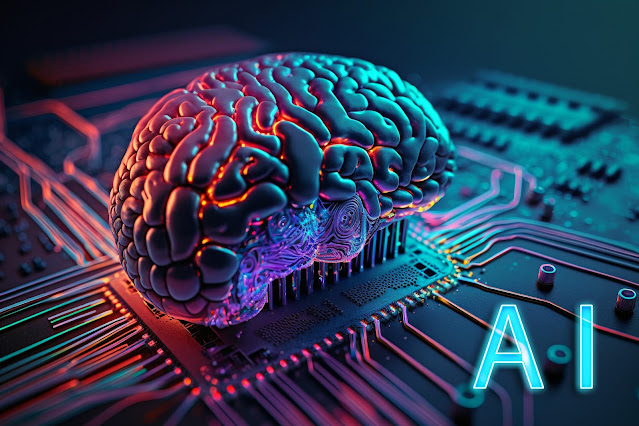How to start with AI
Starting with AI is an exciting journey that can open up a multitude of possibilities in technology, creativity, and innovation. Here’s a roadmap to get you going
Understand the Basics of AI
Start with the foundational concepts
- What AI is: Learn the difference between AI, machine learning, and deep learning
- History and Evolution of AI: This helps appreciate how AI has grown and its future potential
- Types of AI: Familiarize yourself with terms like narrow AI, general AI, and superintelligent AI
Learn the Required Mathematics
AI heavily relies on mathematics. Focus on
- Linear Algebra: Vectors, matrices, and operations on them are crucial
- Probability and Statistics: Essential for understanding models and predictions
- Calculus: Understand gradients and optimization, key for neural networks
Programming Skills
Python is the most popular language for AI due to its simplicity and the vast availability of libraries
- Python Basics: Get comfortable with Python syntax and concepts
- Libraries: Focus on NumPy for numerical operations, Pandas for data manipulation, Matplotlib for plotting, and then move to Scikit-learn for basic machine learning. Eventually, progress to TensorFlow or PyTorch for deep learning
Engage with Machine Learning
Before diving deep into AI, understanding machine learning is crucial
- Supervised Learning: Start with regression and classification problems
- Unsupervised Learning: Explore clustering, dimensionality reduction, etc
- Reinforcement Learning: Learn about agents, environments, and rewards
Dive into Deep Learning
Deep learning is a subset of ML that’s particularly powerful for tasks like image and speech recognition
- Neural Networks: Understand the architecture of neural networks and how they mimic the human brain
- Convolutional Neural Networks (CNNs): Dive into image processing and recognition
- Recurrent Neural Networks (RNNs) and Transformers: Explore sequence data like text and time series
Build Projects
Apply what you've learned in projects. Start simple—like a spam detector or image classifier—and then move to more complex projects. This will solidify your understanding and showcase your skills
Stay Updated and Network
- Follow AI News: AI is rapidly evolving. Follow relevant blogs, websites, and influencers
- Join Communities: Platforms like GitHub, Reddit, and Stack Overflow are great for learning and connecting with others
- Courses and Certifications: Online platforms like Coursera, edX, and Udacity offer courses on AI and machine learning
Consider Specialization
AI is vast. As you progress, consider specializing in an area that interests you, such as natural language processing, robotics, or AI ethics
Ethics and Bias in AI
Understanding the ethical considerations and potential biases in AI systems is crucial. Ensure your AI solutions are fair, transparent, and privacy-conscious
Starting Resources
- Online Courses: Look for introductory courses on platforms like Coursera or edX
- Books: “Python for Data Analysis” by Wes McKinney for Python, “Deep Learning” by Ian Goodfellow and Yoshua Bengio and Aaron Courville for deep learning
- Websites and Blogs: Follow Medium, Towards Data Science, and other AI-focused publications
Starting with AI is a path of continuous learning and curiosity
Enjoy the journey


تعليقات
إرسال تعليق